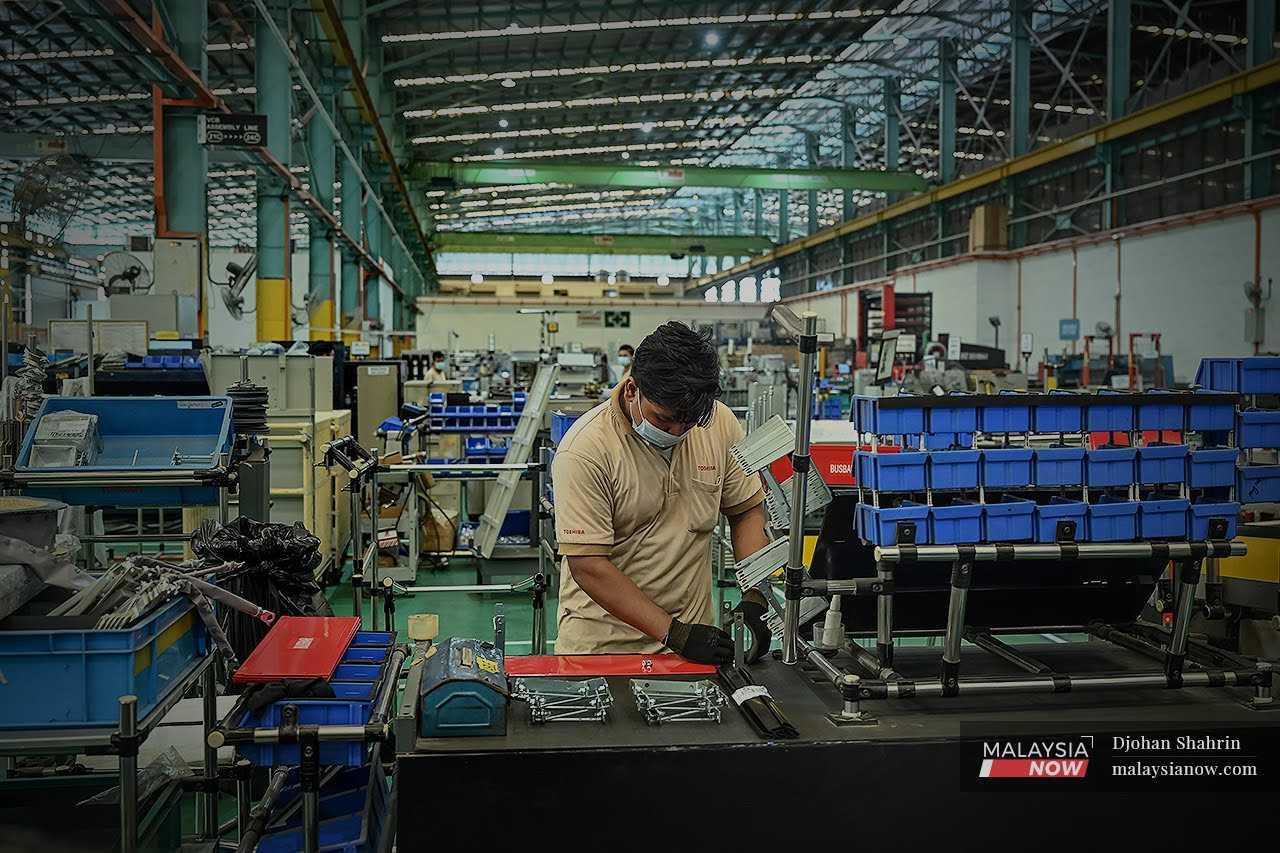FDI not the be-all, end-all for economy, experts warn
They remind the government of the downside of foreign direct investments as well.
Just In
Analysts and economists have urged against over-reliance on foreign direct investments (FDI) amid attempts by government leaders to show improvements in the country's economy.
This comes on the back of a series of announcements by Prime Minister Anwar Ibrahim about potential foreign investments in the country, especially following his return from visits abroad.
In the latest such announcement following a tour of the Middle East, Anwar said Malaysia had successfully attracted potential investments worth RM2.1 billion.
Government leaders have also been speaking about investments worth billions of ringgit by Microsoft, Amazon and Google amid the tech giants' foray into Southeast Asia.
Economists who spoke to MalaysiaNow said there was no doubt that FDI flows played a big part in the country's economic growth, through the creation of job opportunities as well as businesses and industries.
However, they said it would be economically unsustainable for a country to depend on FDIs.
Amanda Yeo, a senior fellow at the Pacific Research Center, said FDIs put the Malaysian economy in the hands of foreign investors, whose decisions are buoyed by global market conditions and political stability.
"Technology transfer may not be complete, hindering Malaysia's ability to develop its own technological capabilities in the long run," she told MalaysiaNow.
She said these foreign companies repatriate a large chunk of their profits, limiting resources available for domestic investment.
"FDIs might be attracted by Malaysia's lower wages, potentially hindering the development of higher-value industries," she added.
FDIs played a major role in Malaysia's economic growth over the past decades.
During the British colonial rule, FDIs were used for the modernisation of Malaya's economy through the development of the rubber and tin industries.
FDIs changed forms dramatically post-independence, reflecting shifts in local policies and the global production system.
It was not until after the 1960s that FDIs became increasingly important, resulting in a change of import-oriented to export-oriented policies.
The transition was accompanied by large inflows of FDIs, which helped propel Malaysia to middle-income status.
Doris Liew from think tank IDEAS Malaysia said depending too much on foreign investment funds would lead to complacency in developing the country's economy.
She added that foreign companies had no interest in building Malaysia's economic resilience.
"Their focus might lie in short-term gains, potentially leading to extractive practices," she said.
She also said that an open trading nation such as Malaysia might lose out if investors pulled out, citing the panic during the Asian financial crisis of 1997 when investors withdrew their money from the market.
Liew said dependency also stifled economic innovation and diversification, and could stunt the creation of highly skilled job opportunities in the country.
She suggested a more balanced approach of encouraging domestic innovation and continuing to strategically attract FDIs for a more sustainable economy.
"It's important to acknowledge the presence of large-scale government-linked companies and domestically grown giants like Petronas and Sime Darby, which contribute significantly to the economy, suggesting we're not solely reliant on FDIs," she said.
Syed Ahmad Israa' Syed Ibrahim, who heads IRIS Institute, said Malaysia must have a national plan to ensure that its industries do not depend on multinational companies.
He said such plans were already laid out in South Korea and Japan.
"Any FDIs that are brought in must be structured and geared towards long-term returns, not just job creation," he added.
"For example, there needs to be a real transfer of technology and knowledge so that our own people can develop the industry without relying on foreign knowledge," he said, citing Turkey's homegrown industry of defence jets and drones manufacturing.
Subscribe to our newsletter
To be updated with all the latest news and analyses daily.
